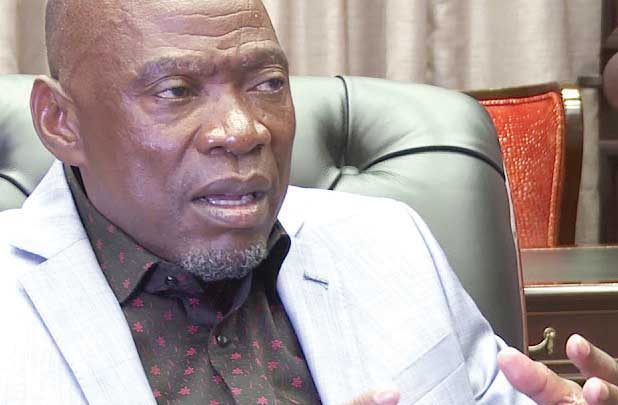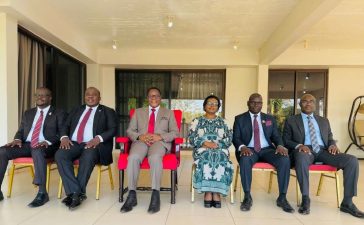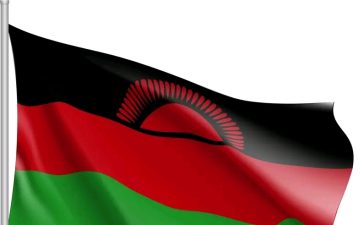By Sam Dalitso
The recent TV interviews by Khato Civils chairman, Simbi Phiri, are a timely intervention in the narrative we want to see driving Malawi’s development agenda.
The video footage inserted in interviews we watch show us a man who not only speaks of what he wants to see done but illustrates the same in his daily life. When he speaks of mechanized farming, we are able to see how he is mechanizing his farming ventures and yielding phenomenal results.
The interviews also present his Pan Africanist stance on issues of political and economic governance.
In them he clearly states how Malawi should build capacity of local contractors and allow them to deploy their expertise on local projects, major ones for that matter.
It is probably lack of appreciating local expertise that has made Malawian contractors look inadequate for big projects.
However, Malawians must be proud that local contractors/ businessmen like Simbi Phiri are keen to renounce the old narrative and usher in a new way of thinking.
Though the K250 billion ($306 million Lilongwe-Salima Water Supply Project, Khato Civils is rewriting the narrative that Malawian contractors, when well equipped, can do wonders. Good thing is that Khato already has a Pan African footprint with laudable projects across the SADC region and West Africa.
Simbi also ably tackles issues to do with how projects concentrated in the hands of foreign contractors breed corruption when those firms prioritize profit over quality. To cut corners these firms bribe whoever stands in their way to ensure that they get approvals on shoddy projects while pocketing full monetary value.
Though he is yet to venture in Tourism, Simbi also speaks highly of the sector as a key enabler of national development.
THE PROJECT
Lilongwe-Salima Water Supply Project was conceptualized as long a long-term and sustainable intervention to water problems in the capital city. The contract that Khato Civils signed with Lilongwe Water Board is what is known as Engineering, Procurement and Construction contract.
The mega project will upon completion pump and purify 100,000 cubic metres of water daily from Lake Malawi and transport it through pipes for a stretch of 120 kilometres from Salima to Lilongwe City.
The spin-off economic benefits of the project to local communities around the intake point and along the project’s catchment area will be in form of portable clean water, small and medium businesses to service the project personnel and other social responsibility interventions by Khato Civils.
There is more Malawians should learn from this son of the soil. It is never too late. We can only build a new Malawi if we collectively think in a way that empowers our capacity to do more.
This post was first published on the author's Facebook page where it has been appropriated by this publication while reserved all rights to the author.













